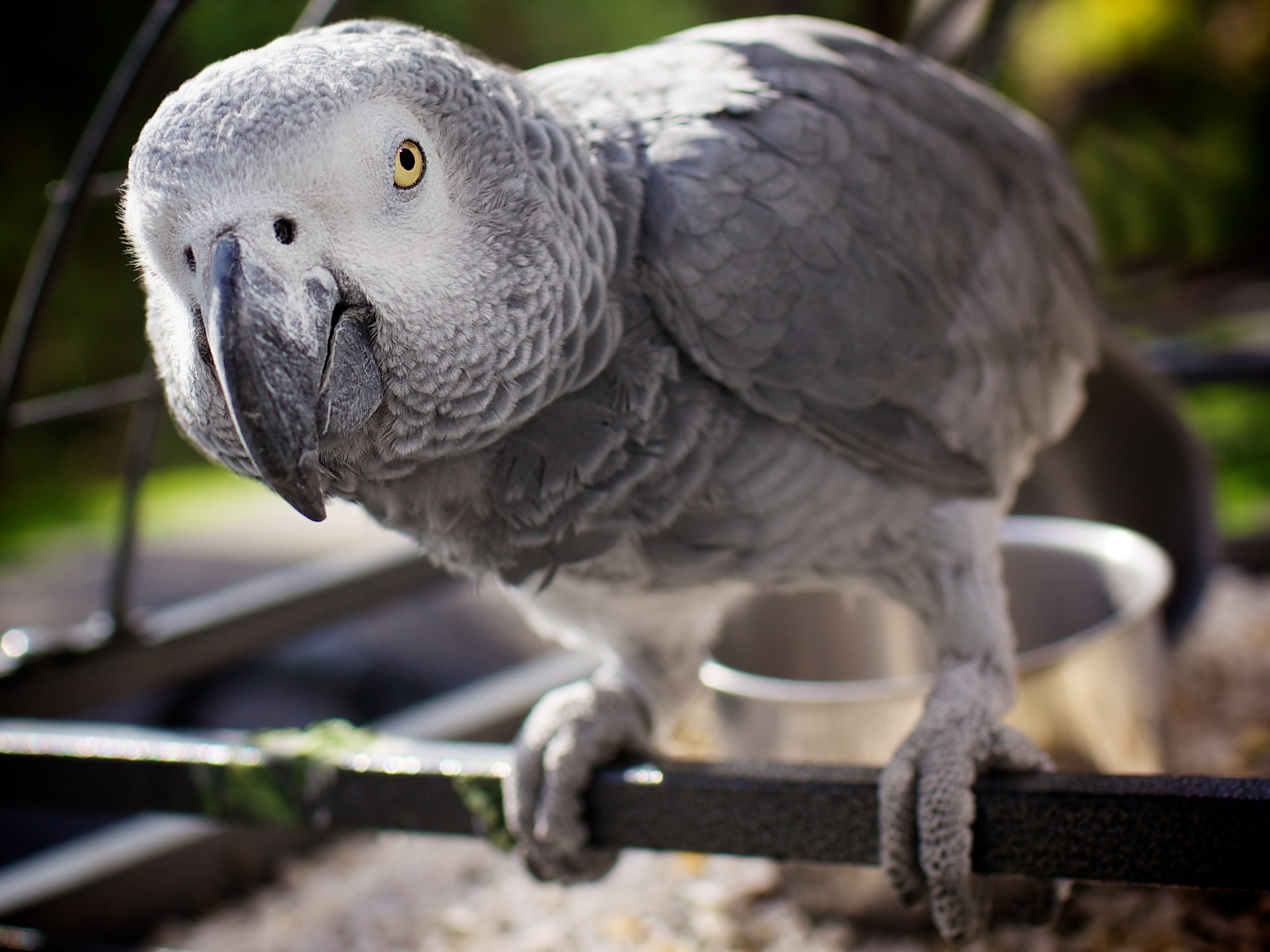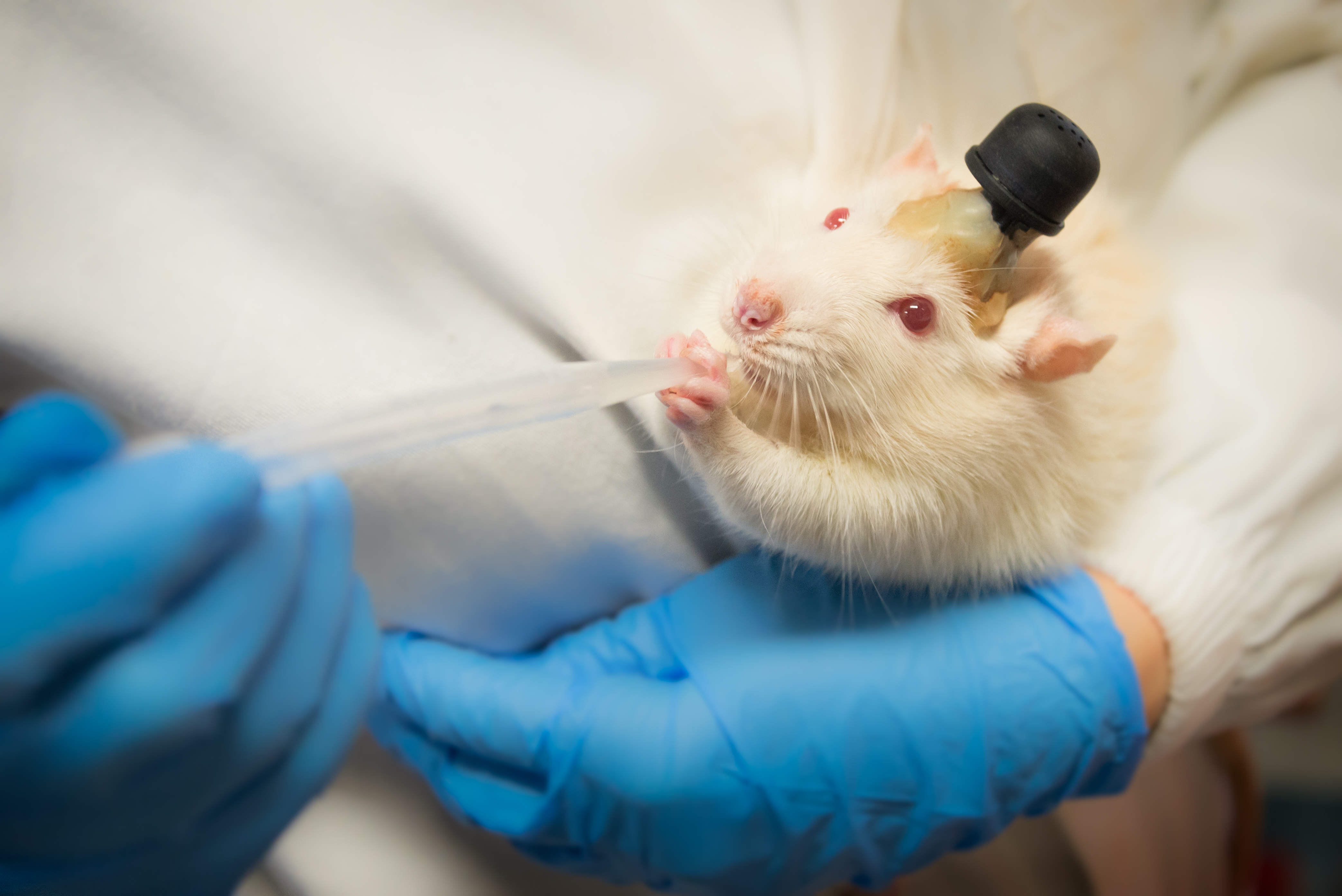|
Mentophobia
Mentophobia or mentaphobia is a concept described by Donald Griffin, an American zoologist and the founder of cognitive ethology, to denote strong resistance from scientists to the idea that animals, other than humans, are conscious. Griffin argued that there is a taboo "against scientific consideration of private, conscious, mental experiences" that leads to the minimization of the significance of the consciousness of non-human animals, as well as human consciousness and asserted that this presents a significant barrier to scientific progress. Mentophobia has been likened to Frans de Waal's concept of anthropodenial: "a blindness to the humanlike characteristics of other animals, or the animal-like characteristics of ourselves". It has also been compared with an observation by Daniel Dennett Daniel Clement Dennett III (born March 28, 1942) is an American philosopher, writer, and cognitive scientist whose research centers on the philosophy of mind, philosophy of science, and ph ... [...More Info...] [...Related Items...] OR: [Wikipedia] [Google] [Baidu] |
Donald Griffin
Donald Redfield Griffin (August 3, 1915 – November 7, 2003) was an American professor of zoology at various universities who conducted seminal research in animal behavior, animal navigation, acoustic orientation and sensory biophysics. In 1938, while an undergraduate at Harvard University, he began studying the navigational method of bats, which he identified as animal echolocation in 1944. In ''The Question of Animal Awareness'' (1976), he argued that animals are conscious like humans. Griffin was the originator of the concept of mentophobia: the denial of the consciousness of other animals by scientists. Biography Griffin was born on August 3, 1915 in Southampton, New York and attended Harvard University, where he was awarded bachelor's, master's and doctoral degrees. After serving on the faculty of Cornell University he became a professor at his alma mater and later worked at Rockefeller University.Yoon, Carol Kaesuk"Donald R. Griffin, 88, Dies; Argued Animals Can Think" ' ... [...More Info...] [...Related Items...] OR: [Wikipedia] [Google] [Baidu] |
Animal Consciousness
Animal consciousness, or animal awareness, is the quality or state of self-awareness within a non-human animal, or of being aware of an external object or something within itself. In humans, consciousness has been defined as: sentience, awareness, subjectivity, qualia, the ability to experience or to feel, wakefulness, having a sense of selfhood, and the executive control system of the mind. Despite the difficulty in definition, many philosophers believe there is a broadly shared underlying intuition about what consciousness is. The topic of animal consciousness is beset with a number of difficulties. It poses the problem of other minds in an especially severe form because animals, lacking the ability to use human language, cannot tell us about their experiences. Also, it is difficult to reason objectively about the question, because a denial that an animal is conscious is often taken to imply that it does not feel, its life has no value, and that harming it is not morally wro ... [...More Info...] [...Related Items...] OR: [Wikipedia] [Google] [Baidu] |
Cognitive Ethology
Cognitive ethology is a branch of ethology concerned with the influence of conscious awareness and intention on the behaviour of an animal. Donald Griffin, a zoology professor in the United States, set up the foundations for researches in the cognitive awareness of animals within their habitats. The fusion of cognitive science and classical ethology into cognitive ethology "emphasizes observing animals under more-or-less natural conditions, with the objective of understanding the evolution, adaptation (function), causation, and development of the species-specific behavioral repertoire" (Niko Tinbergen 1963). According to Jamieson & Bekoff (1993), "Tinbergen's four questions about the evolution, adaptation, causation and development of behavior can be applied to the cognitive and mental abilities of animals." Allen & Bekoff (1997, chapter 5) attempt to show how cognitive ethology can take on the central questions of cognitive science, taking as their starting point the four ques ... [...More Info...] [...Related Items...] OR: [Wikipedia] [Google] [Baidu] |
Frans De Waal
Franciscus Bernardus Maria "Frans" de Waal (born October 29, 1948) is a Dutch primatologist and ethologist. He is the Charles Howard Candler Professor of Primate Behavior in the Department of Psychology at Emory University in Atlanta, Georgia, director of the Living Links Center at the Yerkes National Primate Research Center at Emory, and author of numerous books including ''Chimpanzee Politics'' (1982) and ''Our Inner Ape'' (2005). His research centers on primate social behavior, including conflict resolution, cooperation, inequity aversion, and food-sharing. He is a member of the United States National Academy of Sciences and the Royal Netherlands Academy of Arts and Sciences. Early life and education De Waal was born in 's-Hertogenbosch on October 29, 1948. He studied at the Dutch universities of Radboud University Nijmegen, University of Groningen, and Utrecht. In 1977, De Waal received his doctorate in biology from Utrecht University after training as a zoologist and ethol ... [...More Info...] [...Related Items...] OR: [Wikipedia] [Google] [Baidu] |
Daniel Dennett
Daniel Clement Dennett III (born March 28, 1942) is an American philosopher, writer, and cognitive scientist whose research centers on the philosophy of mind, philosophy of science, and philosophy of biology, particularly as those fields relate to evolutionary biology and cognitive science. , he is the co-director of the Center for Cognitive Studies and the Austin B. Fletcher Professor of Philosophy at Tufts University in Massachusetts. Dennett is a member of the editorial board for ''The Rutherford Journal'' and a co-founder of The Clergy Project. A vocal atheist and secularist, Dennett is referred to as one of the "Four Horsemen of New Atheism", along with Richard Dawkins, Sam Harris, and the late Christopher Hitchens. Early life, education, and career Daniel Clement Dennett III was born on March 28, 1942, in Boston, Massachusetts, the son of Ruth Marjorie (née Leck; 1903–1971) and Daniel Clement Dennett Jr. (1910–1947). Dennett spent part of his childhood in Le ... [...More Info...] [...Related Items...] OR: [Wikipedia] [Google] [Baidu] |
Animal Cognition
Animal cognition encompasses the mental capacities of non-human animals including insect cognition. The study of animal conditioning and learning used in this field was developed from comparative psychology. It has also been strongly influenced by research in ethology, behavioral ecology, and evolutionary psychology; the alternative name cognitive ethology is sometimes used. Many behaviors associated with the term ''animal intelligence'' are also subsumed within animal cognition. Researchers have examined animal cognition in mammals (especially primates, cetaceans, elephants, dogs, cats, pigs, horses, cattle, raccoons and rodents), birds (including parrots, fowl, corvids and pigeons), reptiles ( lizards, snakes, and turtles), fish and invertebrates (including cephalopods, spiders and insects). Historical background Earliest inferences The mind and behavior of non-human animals has captivated the human imagination for centuries. Many writers, such as Descart ... [...More Info...] [...Related Items...] OR: [Wikipedia] [Google] [Baidu] |
Animal Ethics
Animal ethics is a branch of ethics which examines human-animal relationships, the moral consideration of animals and how nonhuman animals ought to be treated. The subject matter includes animal rights, animal welfare, animal law, speciesism, animal cognition, wildlife conservation, wild animal suffering, the moral status of nonhuman animals, the concept of nonhuman personhood, human exceptionalism, the history of animal use, and theories of justice. Several different theoretical approaches have been proposed to examine this field, in accordance with the different theories currently defended in moral and political philosophy. There is no theory which is completely accepted due to the differing understandings of what is meant by the term ''ethics''; however, there are theories that are more widely accepted by society such as animal rights and utilitarianism. History The history of the regulation of animal research was a fundamental step towards the development of animal ethics, a ... [...More Info...] [...Related Items...] OR: [Wikipedia] [Google] [Baidu] |


